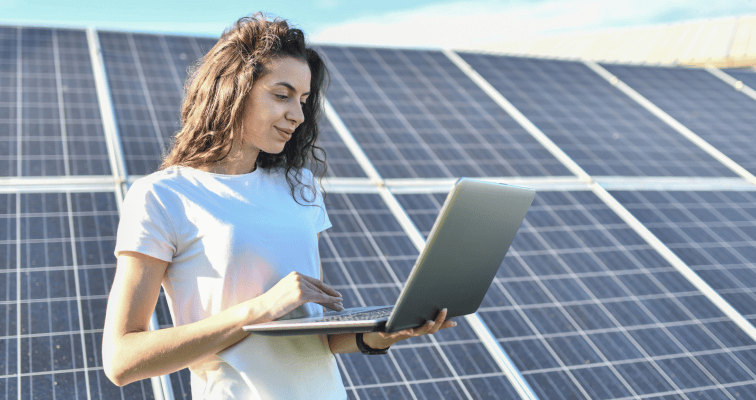Commodities are an incredibly popular asset class. Review the key information from the second part of the commodities course to refresh your understanding of metal, energy and agricultural commodities.
Precious metals
Typically speaking, most investors buy precious metals to use them as a store of wealth or to hedge against inflation. There are a range of different ways to invest in precious metals, such as:
- Stocks
- ETFs
- Futures
- Physical
Gold
Gold is the world’s most actively traded commodity, accounting for around 15% of the global commodity market. The gold market is well-established and highly liquid. Alongside the methods listed above, gold can also be traded using CFDs, which makes it possible to open both long and short positions.
Silver
Although not as widely traded as gold, silver is still one of the most popular precious metals to trade. It tends to be more volatile than gold and is often considered to be a better short-term investment than a long one.
Energy commodities
Energy commodities are used to transport goods, heat homes and produce electricity. These commodities include:
- Oil
- Petroleum
- Natural gas
- Coal
- Nuclear energy
Energy commodities can be traded in a multitude of ways, much like precious metals. Although they do not involve direct investment in the commodity itself, commodity stocks are a popular, cost-effective method that many investors use to try and take advantage of the price movements of energy commodities.

Renewable energy commodities
Renewable energy commodities are natural resources that have been harnessed to produce energy. Some of the most common types of renewable energy include:
- Solar energy
- Wind energy
- Hydropower
- Ocean energy
- Bioenergy
- Geothermal energy
Agricultural commodities
Agricultural commodities, otherwise known as “agri” or “soft” commodities, include unprocessed products, such as crops and livestock, that are produced for food or fuel. Coffee is the world’s most extensively traded agricultural commodity, followed by soybeans and cocoa.
Agricultural commodities are heavily influenced by macroeconomic cycles, which influence global demand.
Commodity prices
The price of a commodity is naturally correlated with the levels of its fundamental trade. Supply and demand are two of the most influential factors regarding changing commodity prices.
An increase in demand typically leads to a rise in price, while the opposite is also true. A wider economic slowdown will often result in a decline in demand for the commodities themselves or the end products that are produced using the raw materials.
Now that you have completed Part Two of the commodities course, have a go at the commodities quiz or create an account and start investing!
QUESTION 1 OUT OF
CFDs are complex instruments and come with a high risk of losing money rapidly due to leverage. 76% of retail investor accounts lose money when trading CFDs with this provider. You should consider whether you understand how CFDs work and whether you can afford to take the high risk of losing your money.
This communication is for information and education purposes only and should not be taken as investment advice, a personal recommendation, or an offer of, or solicitation to buy or sell, any financial instruments. This material has been prepared without taking into account any particular recipient’s investment objectives or financial situation, and has not been prepared in accordance with the legal and regulatory requirements to promote independent research. Any references to past or future performance of a financial instrument, index or a packaged investment product are not, and should not be taken as, a reliable indicator of future results. eToro makes no representation and assumes no liability as to the accuracy or completeness of the content of this publication.